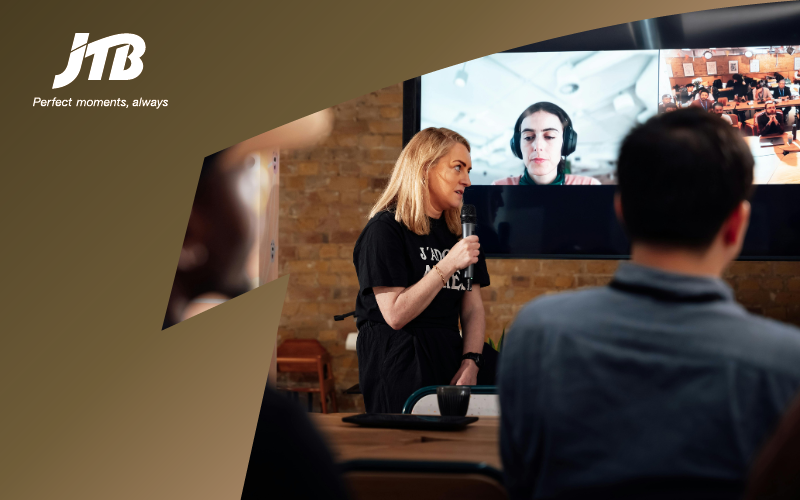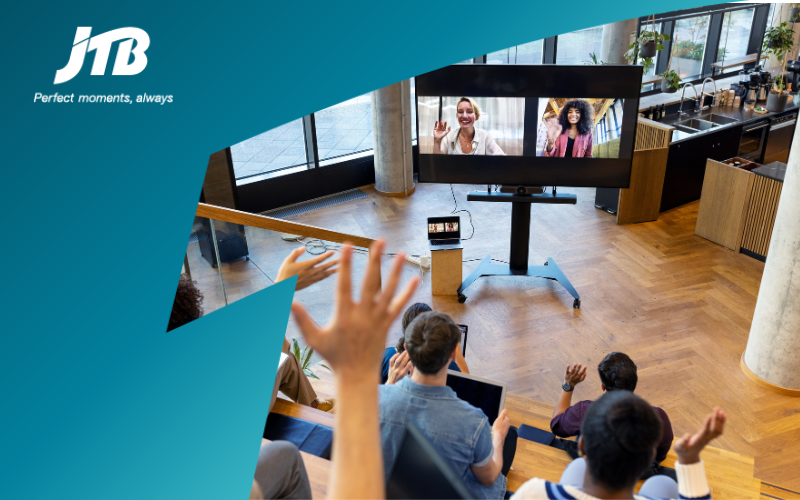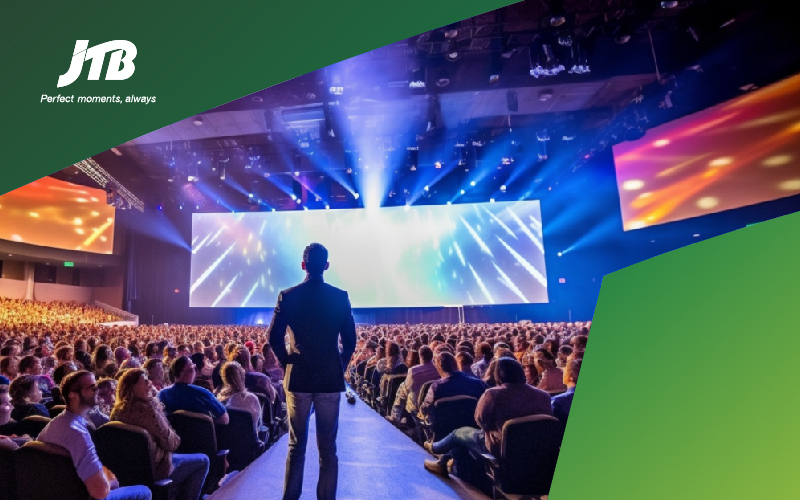In a study by the Event Marketing Institute, 74% of consumers reported that participating in branded event marketing experiences increased their likelihood of purchasing promoted products. This statistic underscores the transformative impact of events on brand loyalty and purchasing behavior.
Event marketing fosters direct, interactive, and memorable connections with the audience, improving brand visibility and cultivating enduring customer relationships. This article explores the intersection of event marketing and public relations (PR) and how this synergy creates lasting impressions.
What is Event Marketing, and How Does It Work with Public Relations?
Event marketing is a strategic approach where businesses create and host events—physical or virtual—to promote their brand, products, or services. These events are designed to engage the target audience, offering them meaningful experiences and fostering direct brand-customer interactions.
By incorporating public relations, event marketing extends beyond planning and logistics to encompass storytelling, crisis management, and relationship building. PR ensures the event resonates with attendees and garners positive media attention, turning a single occasion into an enduring narrative that strengthens brand credibility and visibility.
Key Benefits of Event Marketing and PR Include:
- Increased brand visibility
- Lead generation
- Enhanced customer engagement
- Networking opportunities
- Direct feedback from attendees
- Improved brand reputation
- Higher sales and customer loyalty
- Opportunities for partnerships and collaborations
Types of Event Marketing for Public Relations
Event marketing takes many forms, each tailored to specific goals and audiences:
- Trade Shows: Large-scale expos where brands showcase products and services. These events offer networking opportunities, learning experiences, and avenues for business expansion.
- Product Launches: Exciting unveilings of new products, featuring demonstrations and exclusive previews to generate buzz.
- Experiential Marketing Events: Immersive, interactive experiences like pop-up shops or brand activations that leave a lasting impression.
- Conferences: Comprehensive events featuring networking opportunities, workshops, and keynote speakers, beneficial for both B2B and B2C sectors.
- Corporate Events: Targeted gatherings such as sales talks, networking sessions, and team-building activities that drive organizational growth.
- Webinars: Online seminars offering educational content and global reach.
- Influencer and Media Events: Specialized events engaging media professionals and influencers to amplify brand messaging.
- Charity Events: Fundraisers or awareness campaigns that build community and showcase corporate social responsibility.
The Role of Public Relations in Event Marketing
Public relations is the backbone of successful event marketing, managing communication and building relationships to enhance an event’s impact. The primary objectives of PR in event marketing include:
- Building Brand Credibility: PR fosters trust by effectively communicating a brand’s values and messages.
- Managing Public Awareness: Positive public perception ensures higher attendance and interest.
- Handling Crisis Situations: Swift, transparent communication minimizes potential negative impacts and safeguards the event’s reputation.
A 2024 global survey revealed that strategic communication and PR consultancy services were the fastest-growing areas within the industry. Integrating PR strategies into event marketing amplifies outreach and strengthens audience engagement.
Synergy Between Event Marketing and PR
Event marketing and PR are most effective when aligned, leveraging each other’s strengths for maximum impact:
Event Marketing:
- Develops the event strategy
- Engages the audience
- Drives lead generation and ROI
Public Relations:
- Manages media relations and crisis communication
- Enhances brand reputation and stakeholder engagement
- Executes publicity strategies and influencer outreach
Collaboration Strategies:
- Joint Planning: Involve both teams from the beginning to create cohesive messaging and strategy.
- Media Outreach: Combine digital marketing efforts with traditional PR channels to broaden reach.
- Unified Messaging: Maintain consistency across all touchpoints for stronger brand recognition.
Best Practices for Successful Event Marketing and PR
1. Pre-Event Planning
- Audience Research: Identify the target audience’s preferences and needs.
- Setting Clear Objectives: Define measurable goals aligned with organizational priorities.
- Budgeting: Allocate funds strategically, prioritizing promotion and essential logistics.
- Venue Selection: Choose a venue that aligns with your brand’s values and audience expectations.
- Branding and Promotion: Establish a robust online presence with dedicated websites, social media campaigns, and hashtags.
2. During the Event
- Social Media Interaction: Engage attendees in real-time through geotagging, hashtags, and interactive posts.
- Media Management: Facilitate positive coverage by providing resources and support to media personnel.
- Real-Time Reporting: Monitor attendance and engagement metrics to optimize the event’s success dynamically.
3. Post-Event Follow-Up
- Surveys and Feedback: Collect insights from attendees to evaluate success and identify areas for improvement.
- Media Coverage Analysis: Measure the event’s reach and public reception through media analytics.
- Sustained Engagement: Keep the conversation alive through follow-up content, social media posts, and email campaigns.
Conclusion
Event marketing and public relations, when integrated effectively, create unforgettable experiences that resonate with audiences and drive measurable results. From fostering stronger connections to enhancing brand reputation, this powerful combination ensures events are not only memorable but also impactful. With careful planning, collaboration, and execution, businesses can transform their events into dynamic platforms for growth and engagement.















